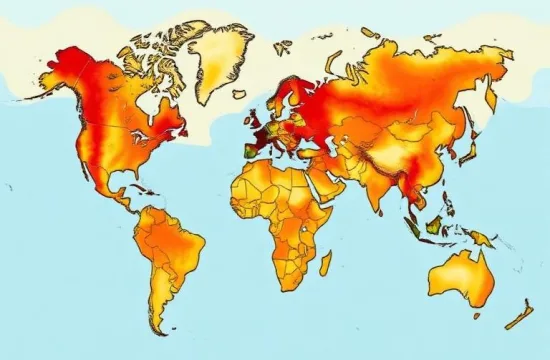Authoritative parenting is significantly linked to positive youth development, according to a recent study published in the Pertanika Journal of Social Sciences & Humanities (JSSH).

Malaysia, which aims to become a developed country by 2020, is keen to ensure that its young people grow into successful and competent adults who contribute to the country’s growth. Positive youth development (PYD) is a good indicator for this as it measures an adolescent’s strengths and capabilities based on five factors: competence, confidence, caring, connection and character. Previous studies showed that parents are the biggest influencers in determining the level of PYD in youths.
Atefeh Kiadarbandsari and colleagues from the Universiti Putra Malaysia (UPM) looked at whether different parenting styles and parental education levels correlate with PYD in Malaysian youths and how. They collected data from 496 students, ages 14 to 16, from national secondary schools in urban and rural areas in Selangor, Malaysia. The team also determined if the students’ race, age, gender and location of their school (urban or rural) affected their PYD.
Parenting style refers to the emotional climate through which parents communicate to their child. There are four styles: authoritative (responsive and warm, but strict), authoritarian (strict and demanding without being responsive or warm), permissive and uninvolved. Previous studies have shown that the authoritative style is the most beneficial for psychological and educational outcomes in adolescents in the western societies, but in other cultures, authoritarian parenting had a link to positive development of youths.
In a recent JSSH paper, the UPM researchers found that authoritative and uninvolved parenting styles were significantly correlated with PYD – with the latter style being negatively correlated. In particular, students with authoritative parents were most likely to have higher PYD scores. They also found that if the father’s education level was a university degree or higher, the correlation with PYD was positive and vice versa. There was no correlation between a mother’s education level and the student’s PYD.
What’s more, Malay students scored higher in PYD than non-Malay students, indicating that race/ethnicity might affect PYD scores. The researchers did not find any significant relationship between PYD scores and students’ age, gender and school location.
The researchers hope their study will help educators, policy makers, parents and practitioners to improve PYD among youths. They noted that the findings should be interpreted carefully, as the sample data was collected from only one state of Malaysia. Additional research should help explain the discrepancies between Malay and non-Malay students in PYD levels.







